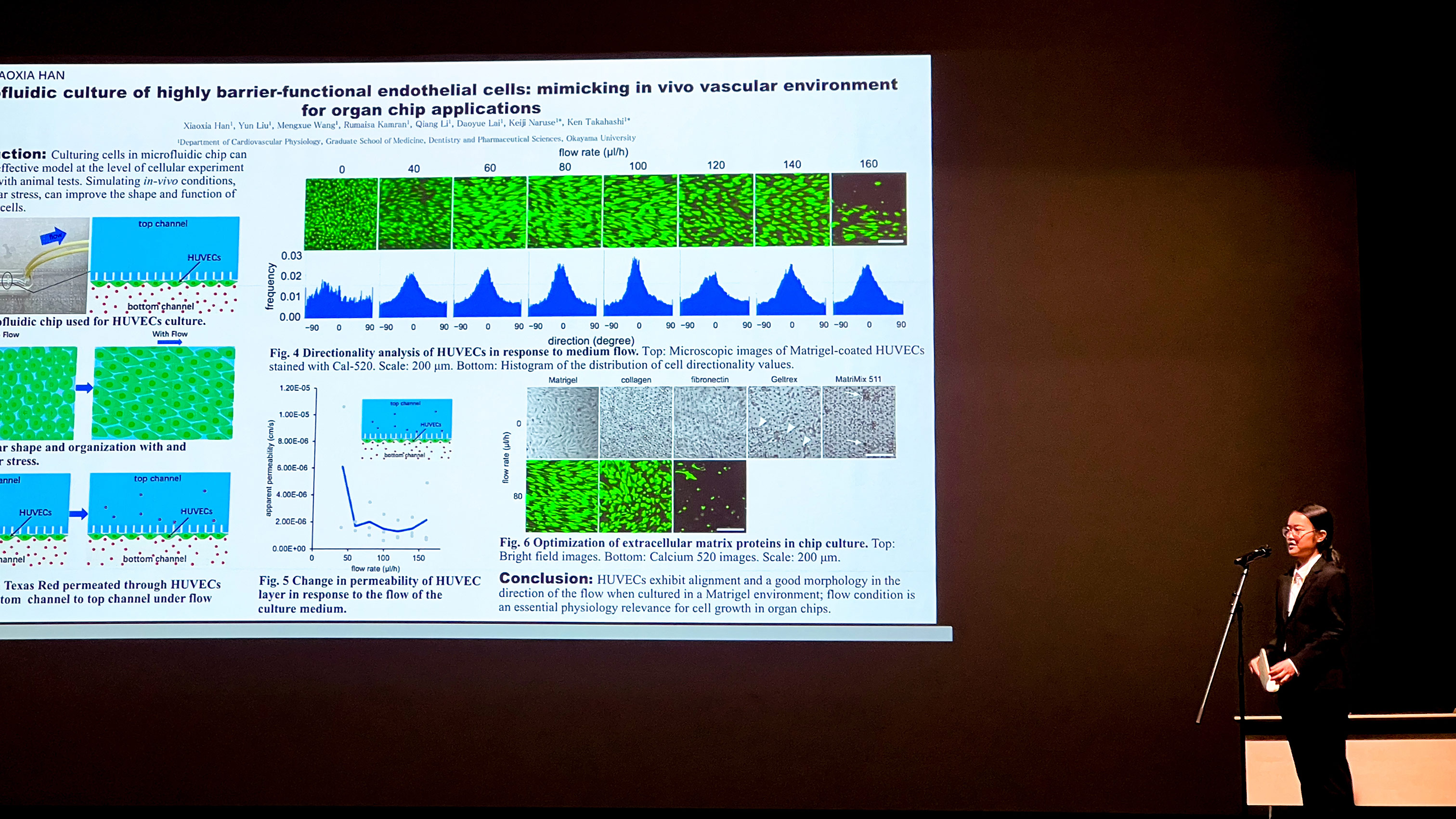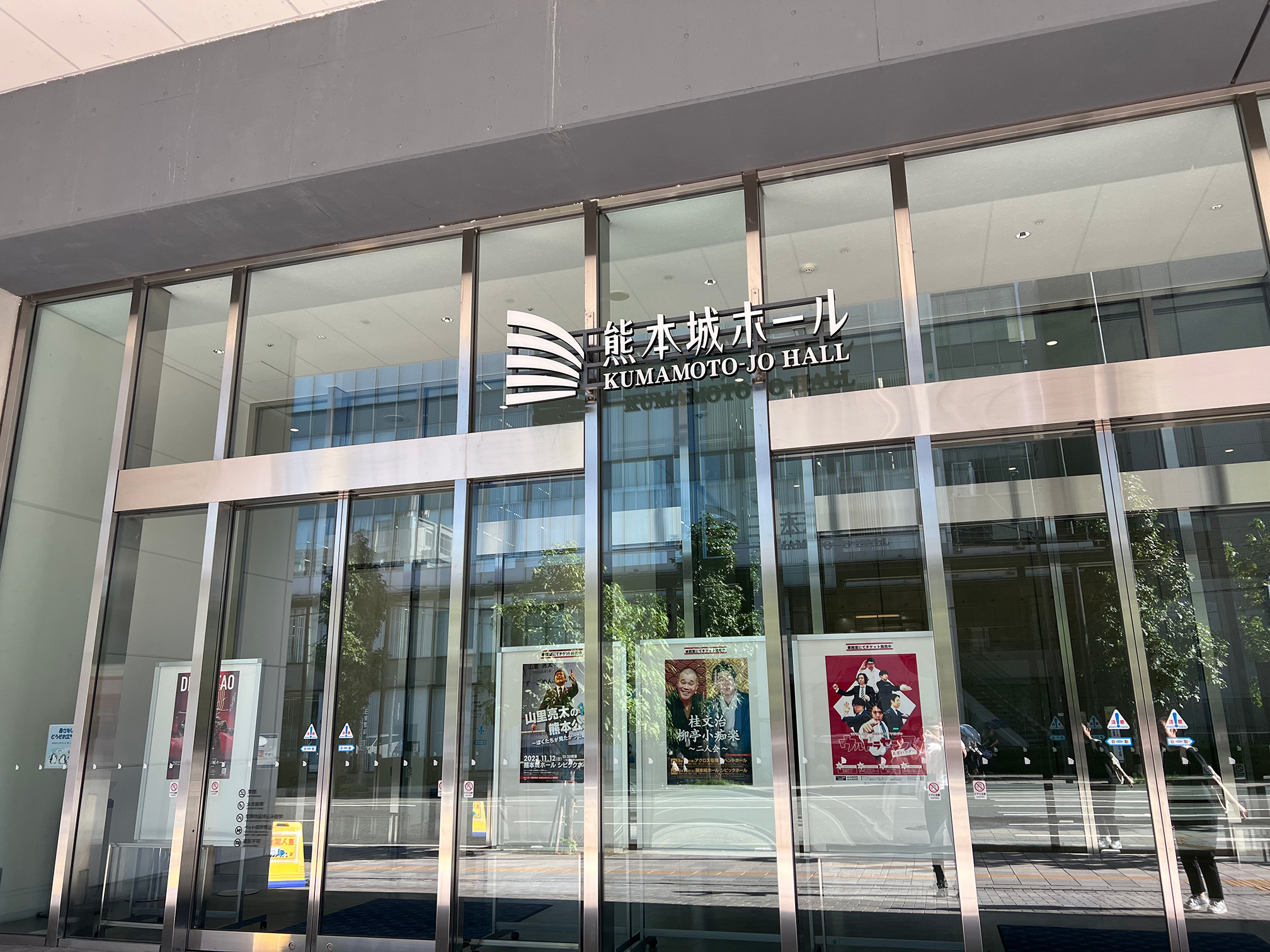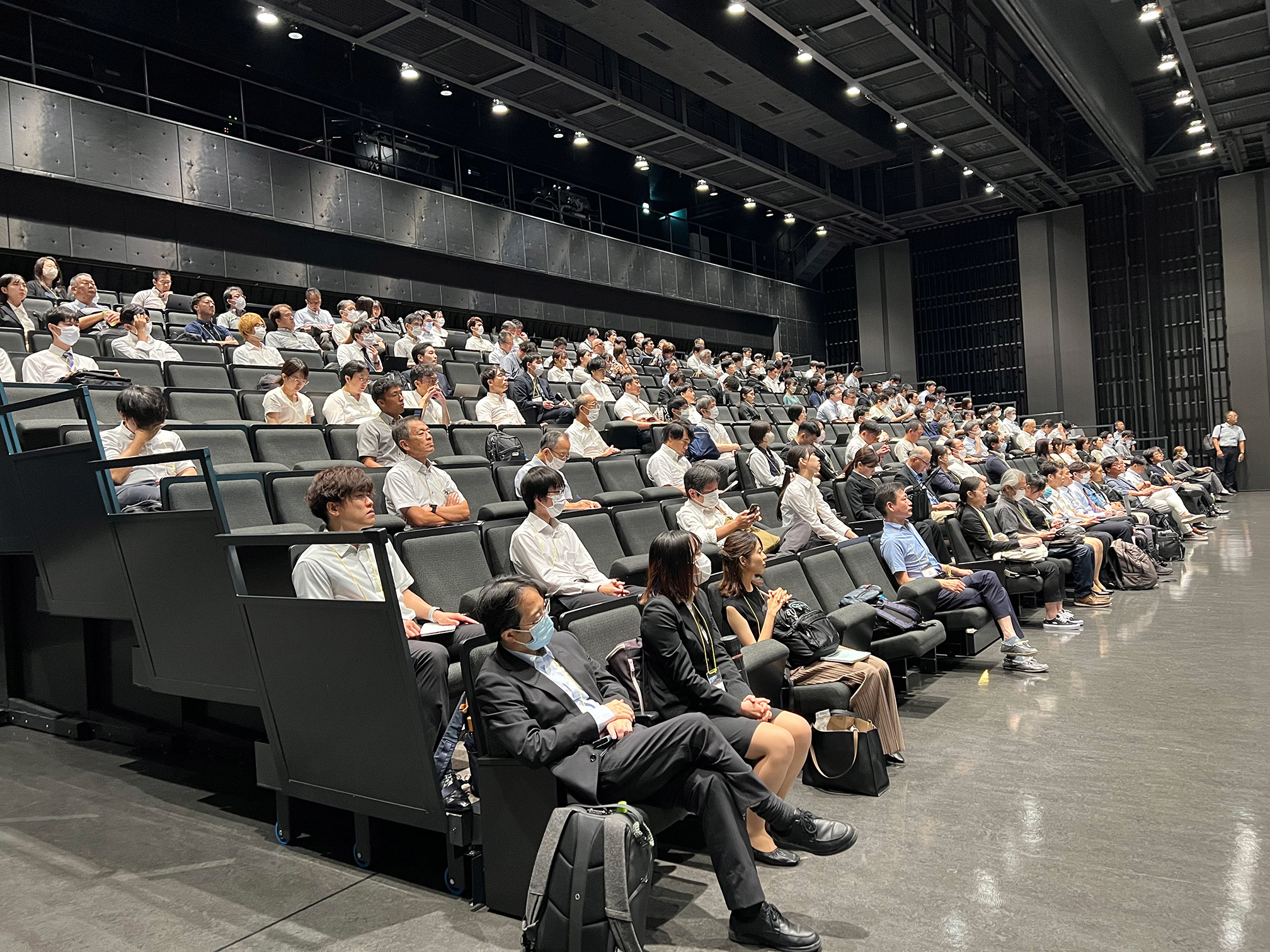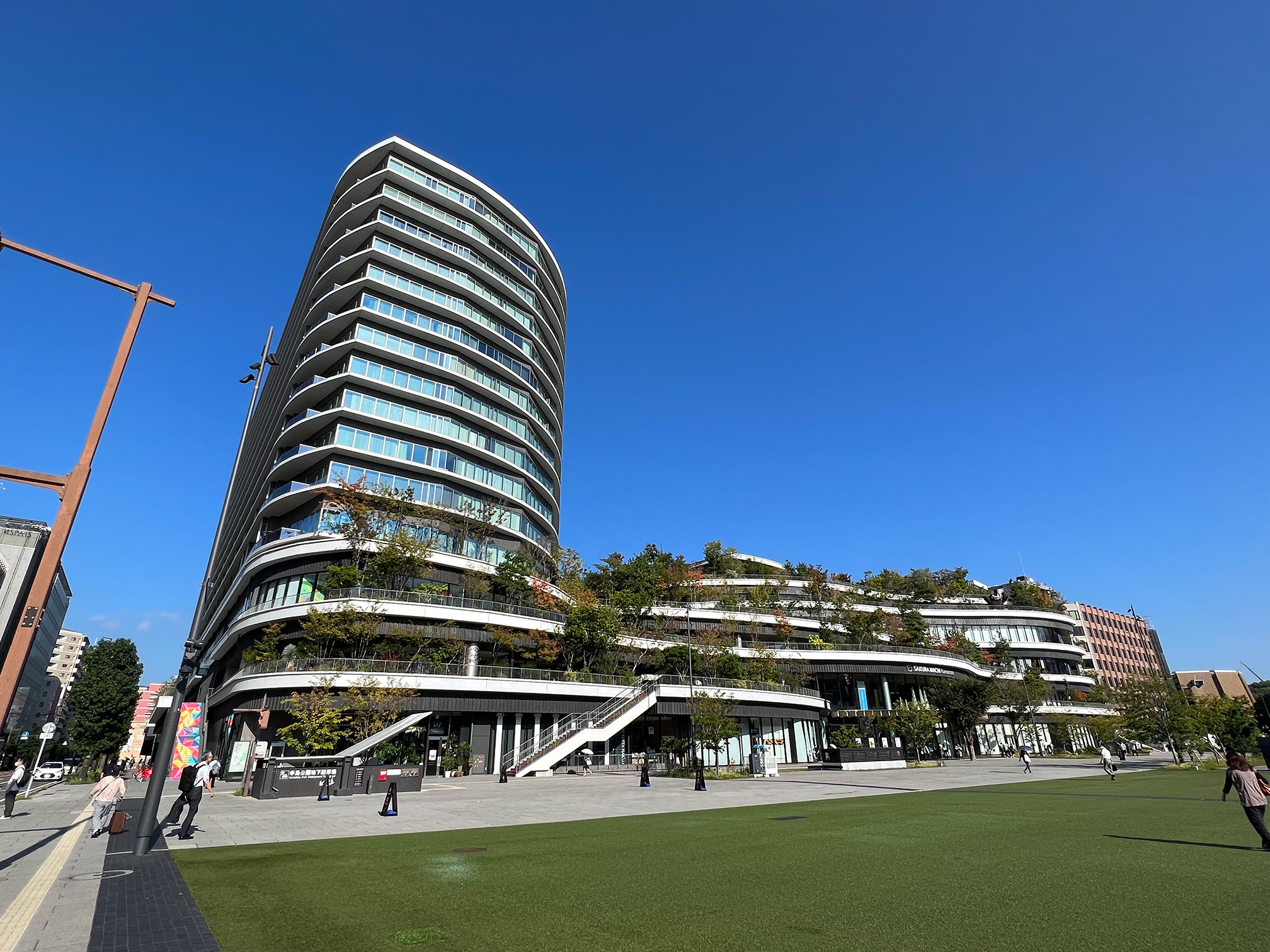
Research presentation at Biomedical Engineering Symposium 2023
Xiaoxia HAN, a visiting student in our laboratory, presented her research entitled "Microfluidic culture of highly barrier-functional endothelial cells: mimicking in vivo vascular environment for organ chip applications" at the Biomedical Engineering Symposium 2023 held at Kumamoto Castle Hall on September 9, 2023.
Endothelial cells (ECs) line the inner walls of blood vessels and are essential for transporting oxygen and nutrients to organs. In healthy conditions, ECs adhere tightly to each other to form tight junctions that prevent the leakage of blood components. In diseases such as atherosclerosis and inflammation, the tightness of EC tight junctions can be compromised, leading to serious complications.
Takahashi team has developed a microfluidic culture system that mimics the in vivo vascular environment. The microfluidic chip consists of two channels: a vascular channel for seeding endothelial cells and an organ channel for seeding organ cells. ECs were seeded in the vascular channel and perfused with culture medium at different flow rates. The tightness of EC junctions was then measured.
This research is important for the development of organ chips. Organ chips are small devices that mimic the structure and function of organs. By providing an optimal vascular environment, organ chips can be used to study the onset and progression of diseases, or to test new drugs or therapies.
The results of this study will help to improve the accuracy and reliability of organ chip models, leading to new advances in disease research and treatment.


